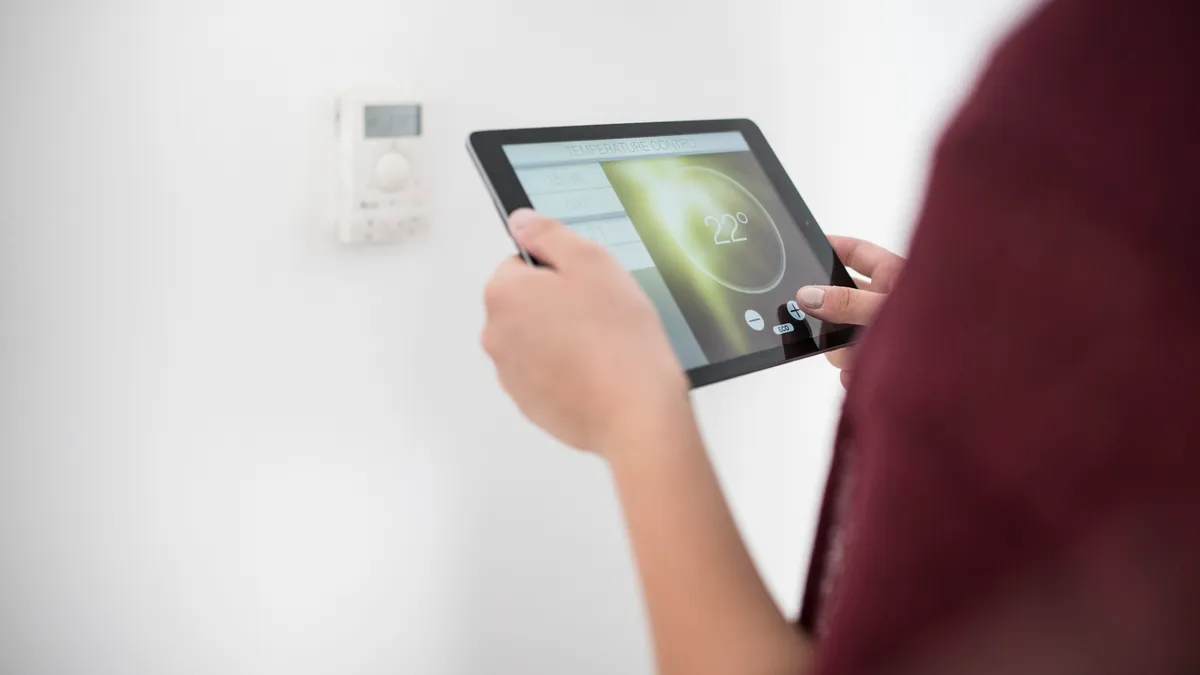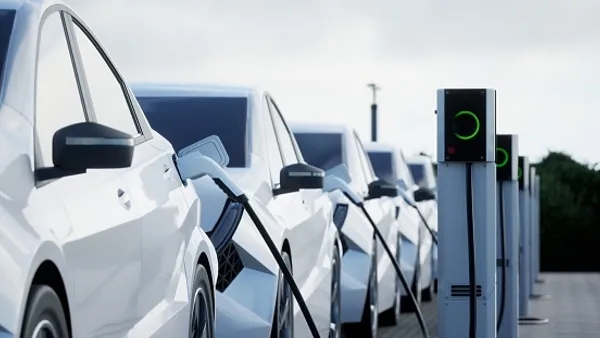Dive Brief:
- Staff of the New Hampshire Public Utilities Commission want utilities to take a cautious approach to installing advanced metering infrastructure (AMI), and are recommending an opt-in approach and the use of technologies that can provide less granular data at a lower cost.
- Customers looking to install more advanced metering, including smart meters, would be able to opt for that technology, though they would "pay the incremental cost of such meters."
- Staff's recommendations on New Hampshire's grid modernization proceeding will help develop a framework for how the state will move forward. The cautious approach to smart meters reflects a growing trend among state regulators.
Dive Insight:
New Hampshire PUC staff's recommendation to move slowly with advanced metering — using targeted roll-outs and technology alternatives — is similar to decisions made in Massachusetts, Virginia, Kentucky and other states where regulators worry about the cost-benefit ratio of expensive rollouts.
Staff said that while it supports the notion of metering that "ensures a full range of available competitive services," the recommendations also say that because grid modernization will occur gradually, "the desire for full metering capability needs to be tempered by considerations of cost-effectiveness."
Staff recommended that during the docket process, customer and utility data needs should be "defined, and then the most cost-effective metering or technology options should be chosen to provide such data."
And while advanced metering with full smart-meter capabilities is expensive, staff recommended "behind-the-meter technologies should be considered as a viable option for providing customer interval load data and power quality characteristics, such as voltage, in the absence of an advanced metering infrastructure."
Customers who want more advanced metering "can opt for such technology, and pay the incremental cost of such meters," according to the recommendations.
Despite the costs and some customer opposition to their use, the number of smart meters has grown ten-fold in a decade: from about 6.7 million in 2007, to north of 70 million today.
Virginia is the most recent state to throw cold water on utility AMI plans. Last month, regulators rejected large portions of Dominion Energy's grid transformation proposal, including smart meter deployment and other modernization efforts.
A spokesman for Eversource Energy, the largest electric utility in New Hampshire, told Utility Dive that the company is still reviewing staff's recommendations, but called strategic investments in grid modernization "critical to integrating new, clean energy resources into a smart grid."
Eversource officials said they are working to submit a response by the commission's April 6 deadline, "with a focus on solutions for a smarter grid that supports a cleaner, more affordable energy future."
New Hampshire PUC staff also said in its recommendations that the report includes a "preliminary discussion" of cybersecurity, but that staff "continues to research and work ... When complete, staff anticipates it will file an addendum to the report that further identifies cybersecurity issues related to the electric grid."














